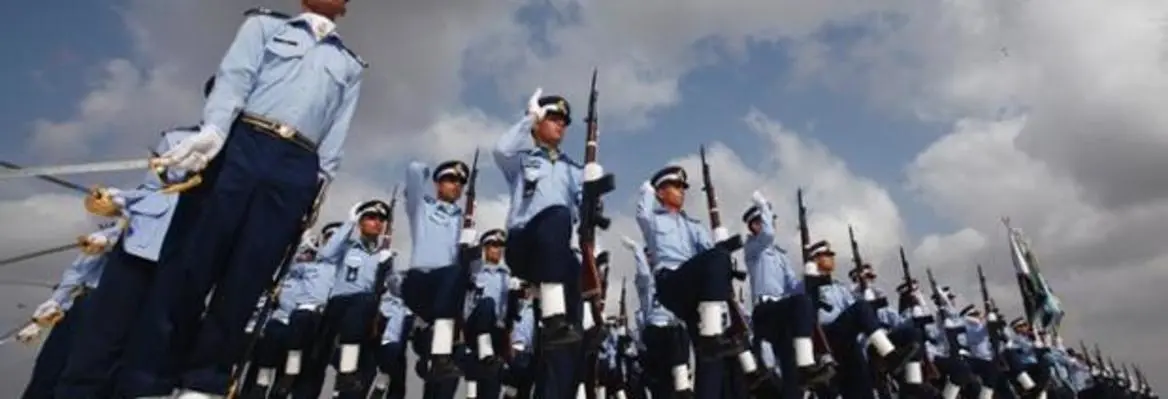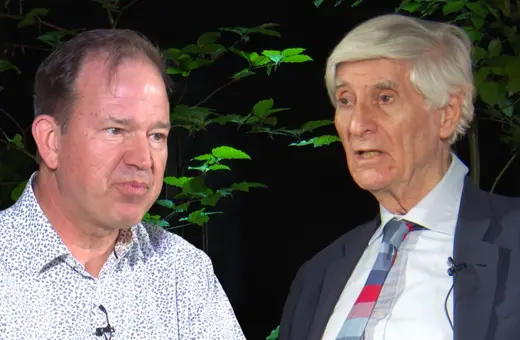About this time last year, I remember watching the funeral of Baroness Thatcher being celebrated in St Paul’s cathedral at a public cost of £10 million. Although it could not be a state funeral, the addition of a gun carriage and a troop of soldiers mirrored Churchill’s military interment half a century ago. At the front of the congregation sat Tony Blair, then recently resurrected into national political life. Is it fanciful to detect a link between Thatcher’s death and Blair’s resurrection? All that week, the British media was crowded with editorials stressing Blair’s debt to Thatcher – primarily in neo-liberal economic policy, but also in controversial foreign adventures.
As the walls of Christopher Wren’s masterpiece echoed the tramping boots of the Baroness’ cortege, memories of war overcome contemplation. The few distinguished transatlantic guests only reinforced the military theme. America was represented, not by its President or current Secretary of State, but by Dick Cheney and Henry Kissinger – the respective begetters of wars in Iraq and Cambodia.
We call wars “bad” or “good”, but what does that really mean? I am making a BBC documentary about conscientious objectors in the Second World War, and writing a biography of one of them – the English composer Sir Michael Tippett, who spent three months in Wormwood Scrubs prison sewing mailbags because he refused to be associated in any way with that war. His fellow composer, Benjamin Britten, was also a “conchie”, although he passed the first eighteen months of the war in neutral USA and on his return was prepared to write film scores indirectly enhancing the war effort.
When I link their wars with those of Thatcher and Blair, another hidden link suggests itself. With hindsight we can all agree that World War I was a “bad war”, fought between five dying empires and their allies, where millions perished to no significant purpose in Flemish trenches and the wastes of Ukraine. Although conchies and deserters were executed for treason a century ago, they were subsequently reprieved by popular sentiment. Britten and Tippett’s pacifism in the run-up to World War II was another matter. Against the contemporary grain, they refused to endorse what history still regards as the “good war” against fascism and its genocidal consequences.
Tippett addressed this issue head-on in his 1940s oratorio A Child of our Time, inspired by the Nazi pogrom of Kristallnacht. Despite such horrors, he could not contemplate a “good war.” Only by embracing collective responsibility and reconciliation could war be prevented. Britten was more equivocal. His 1962 War Requiem inhabits the past rather than the present. It is clothed in the blood-stained khaki of Wilfred Owen’s Great War poems.
During the Vietnam War, Tippett once again chose the present tense and in his opera, The Ice Break, allied himself with young American peaceniks. At the same time, Britten also chose an American operatic subject, but once again he sheltered in the past, setting Henry James’ pacifist Victorian novella Owen Wingrave to music. I wonder whether present conflicts are better reflected with hindsight or engagement? We still await a response from artists to Vietnam or to the Falklands which match Tippett’s reaction to Kristallnacht or Orwell’s to Catalonia in 1938.
While Thatcher was dying, I was visiting the Nazi concentration camp of Terezin, where many great Czech musicians were interred on their way to Auschwitz and Belsen. In Czechoslovakia, the Red Cross turned a blind eye and Britain and the USA turned away refugees. Once again I wonder – are we really sure what constitutes a “good war”?















Join the conversation